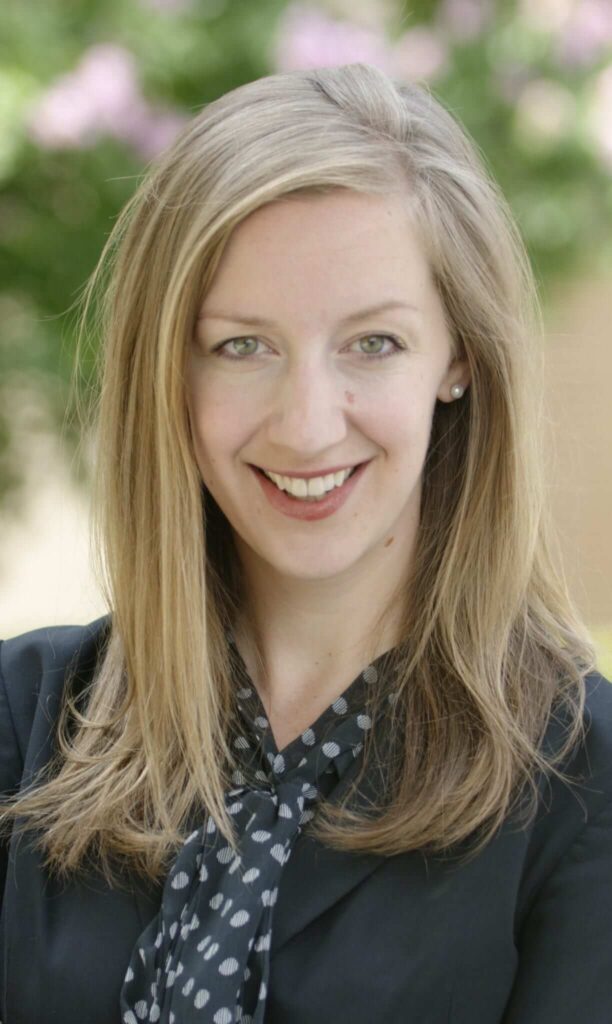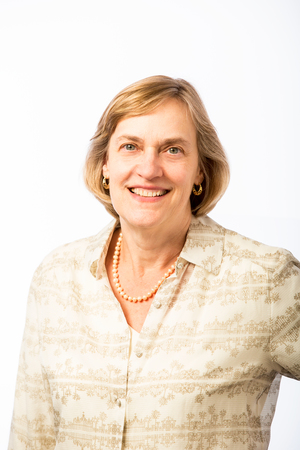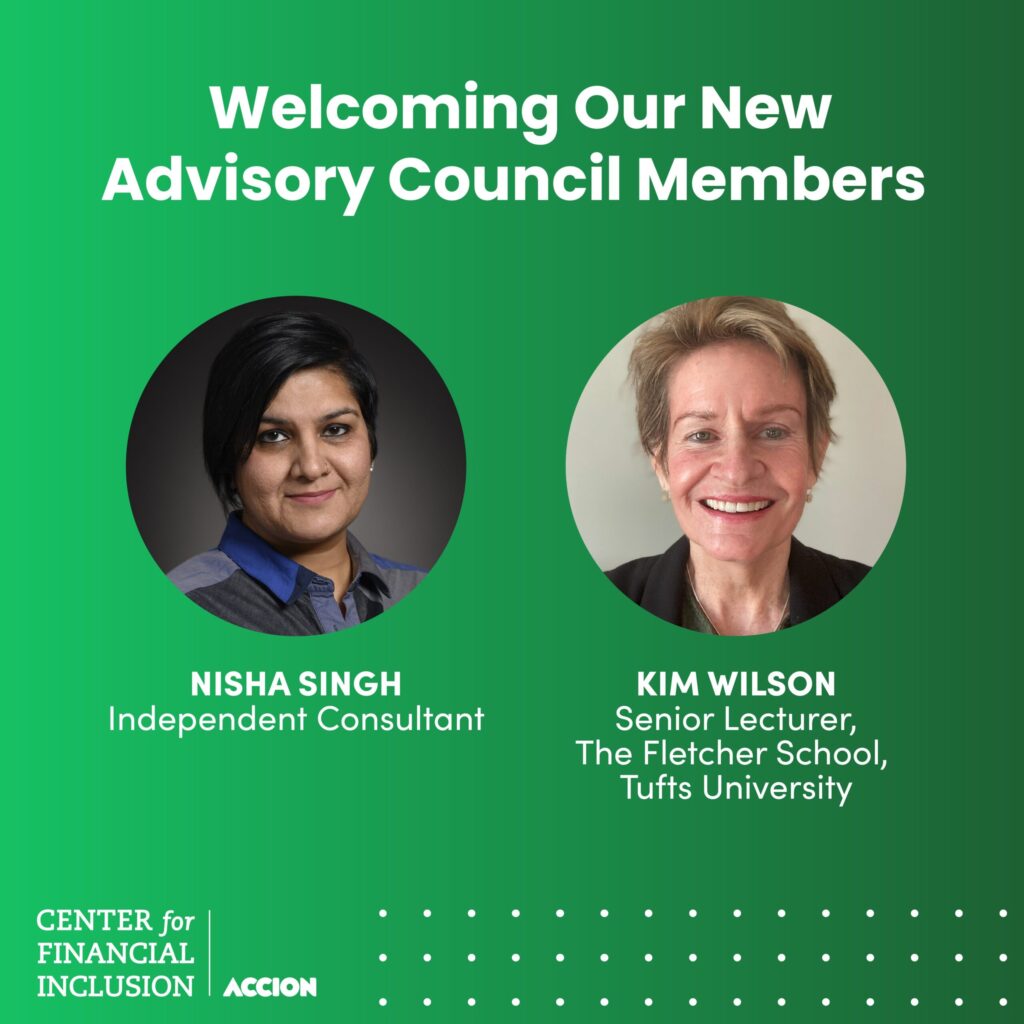Topic
Increases in income among low-income populations provide both an opportunity and a challenge for the financial inclusion community. The opportunity emerges from the large number of people moving into a new income bracket. The ability and propensity of people in the vulnerable class to use formal financial services is set to increase, forming an enormous new market.
Income growth also poses a challenge because serving this market effectively requires providers to understand how and why a person may shift from informal to formal financial services. Providers must use this understanding to innovate in products, delivery, and marketing.
At the same time, we remind readers that it is important to continue to focus on the smaller but still substantial group of people who remain in poverty.











